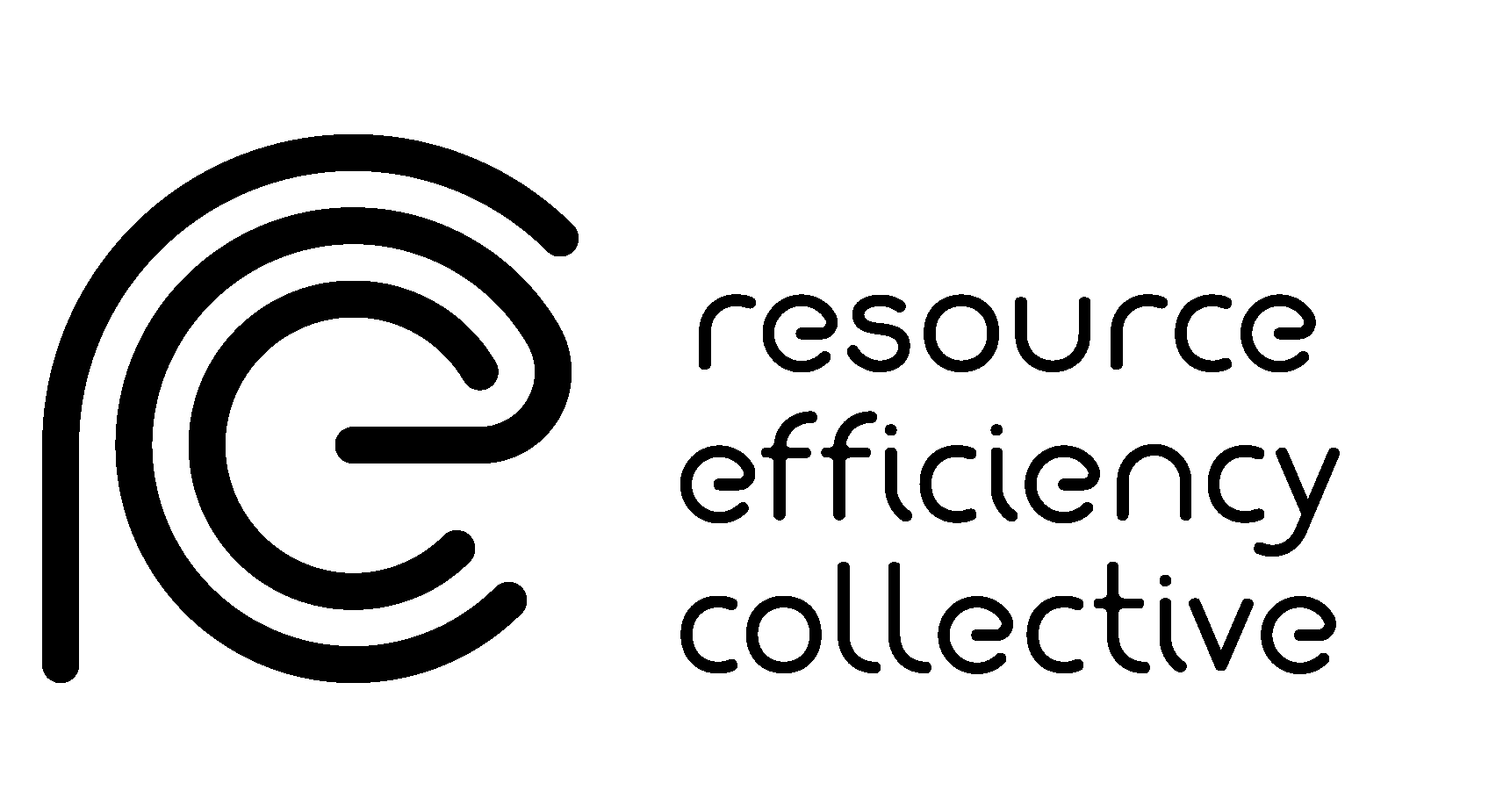Materials and Manufacturing: Business growth in a transformative journey to zero emissions
UK law commits us to zero emissions by 2050 with most of the reduction occurring by 2035. Corporate and political strategy today is counting on new technologies, like carbon capture and storage, biofuels, hydrogen and negative emissions technologies to meet the challenge but these new technologies are mainly still on drawing boards, and it takes time to deploy them at scale.
Facing the reality that new energy-sector technologies won’t solve climate change fast enough reveals rich opportunities for innovation and growth in UK materials and manufacturing sectors.
In manufacturing, we won’t be able to access the same volumes of material as in the emitting past, but we have the opportunity for huge growth in the UK. The closure of high emitting international freight will open up new demand for domestic production. The need to close the high-emitting material suppliers of the past creates new opportunities for electric materials production. The business of matching material supply to consumer demand for goods will transform and grow.
This report reveals £270bn of innovation and growth potential for UK materials and manufacturing businesses. Seeing through the fictions of technology solutions and facing the reality of climate change leads not to hairshirts, but a wealth of opportunity. By anticipating a realistic delivery of our legal commitment to zero emissions, this report sets out a credible basis for optimism and growth in UK production.
Read the report in full from Julian M. Allwood, José Azevedo, Christopher Cleaver, Jonathan Cullen, Philippa Horton here
Photo credit: Bakhrom Tursunov













